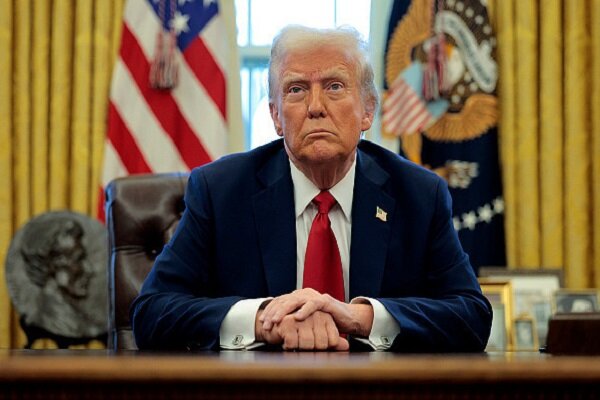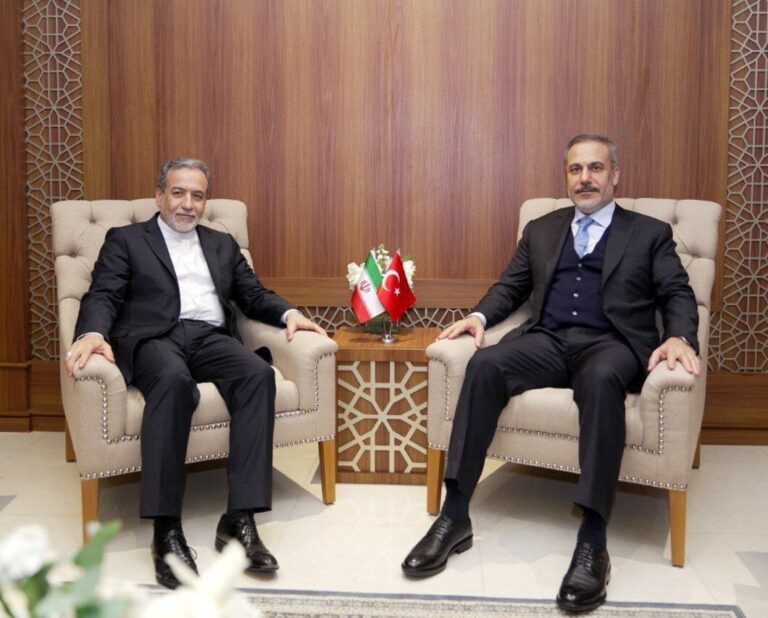Trump’s Approval Rating Takes a Nosedive: What It Means for His Future
President Donald Trump’s public approval rating has recently dipped to its lowest point since he reclaimed the White House, highlighting growing concerns among Americans regarding his efforts to expand presidential power. According to a Reuters/Ipsos poll conducted over six days and concluding on Monday, only 42% of respondents expressed approval of Trump’s presidential performance. This marks a decrease from 43% in a previous poll conducted three weeks ago and a notable decline from the 47% approval rating recorded shortly after his inauguration on January 20.
The early days of Trump’s presidency have left many political adversaries astonished by his rapid actions. He has enacted numerous executive orders that significantly broaden his influence across various spheres, including government agencies and private organizations such as universities and law firms. This has raised eyebrows and prompted discussions about the implications of his approach to governance.
Despite maintaining a higher approval rating than many of his Democratic predecessors during similar periods, the Reuters/Ipsos poll indicates that a significant portion of the American populace is uneasy about some of Trump’s recent initiatives. Here are a few key points reflecting public sentiment:
- Executive Orders: Trump has signed dozens of executive orders, which critics argue may undermine the traditional checks and balances of power.
- Education Policies: His administration’s efforts to penalize universities deemed too liberal have sparked controversy and concern about academic freedom.
- Cultural Influence: The decision to appoint himself as the board chair of the Kennedy Center, a prominent cultural institution in Washington, has also drawn scrutiny.
As these developments unfold, many wonder how they will impact the political landscape and Trump’s overall relationship with the American public. The declines in approval ratings suggest that while some may support his policies, there is a growing faction that is wary of the implications of his actions.
Furthermore, the poll results highlight a potential shift in the electorate’s perception of Trump’s presidency as he moves further into his term. The initial enthusiasm that accompanied his inauguration appears to be waning, giving way to a more cautious stance among voters.
In addition to the executive orders and cultural appointments, Trump’s administration has faced criticism for its handling of various issues, including economic policies and healthcare reforms. This has led to a divided public opinion, where support for his policies can vary greatly depending on the specific issue at hand.
The ongoing dialogue about Trump’s presidency continues to evolve, with many Americans voicing their concerns through various platforms. As the political climate shifts, it remains to be seen how these dynamics will influence upcoming elections and the overall direction of the country.
In conclusion, Trump’s approval rating reflects a complex and changing landscape in American politics. While he has managed to maintain a level of support that is higher than many of his predecessors, the increasing discontent regarding his approach to governance may pose challenges for his administration moving forward. The results from the Reuters/Ipsos poll serve as a critical indicator of public sentiment and the potential hurdles Trump might face as he continues to navigate his presidency.






